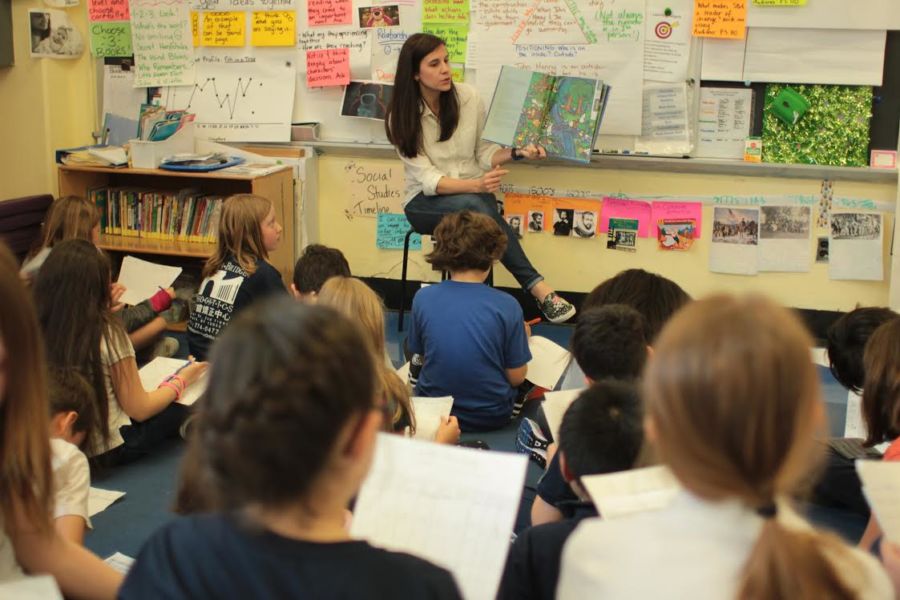
One of the segments which cultivates national advancement is training by guaranteeing the improvement of a useful human asset. The organization of solid instructive structures prompts a general public populated by illuminated individuals, who can cause positive financial advancement and social change. The procurement of these abilities is encouraged by one individual we as a whole ‘educator’. Thus, countries looking for monetary and social advancements need not disregard instructors and their job in national improvement.
Instructors are the main consideration that drives understudies’ accomplishments in learning. The presentation of educators, by and large, decides the nature of instruction, yet the general execution of the understudies they train. The educators themselves along these lines should outwit instruction, so they can thusly help train understudies in the best of ways. It is known, that the nature of instructors and quality educating are probably the most significant variables that shape the learning and social and scholarly development of understudies. Quality preparing will guarantee, to a huge degree, educators are of high caliber, in order to have the option to appropriately oversee study halls and encourage learning. That is the reason instructor quality is as yet a matter of concern, even, in nations where understudies reliably get high scores in worldwide tests, for example, Trends in Mathematics and Science Study (TIMSS). In such nations, instructor training of prime significance in light of the potential it needs to cause positive understudies’ accomplishments.
The structure of educator instruction continues changing in practically all nations in light of the journey of delivering instructors who comprehend the present needs of understudies or simply the interest for instructors. The progressions are endeavors to guarantee that quality instructors are delivered and now and then just to guarantee that homerooms are not free of educators. Indeed, even in Japan and other Eastern nations where there are a bigger number of educators than required, and structures have been organized to guarantee astounding instructors are created and utilized, issues identifying with the educator and training quality are still of concern (Ogawa, Fujii and Ikuo, 2013). Instructor training is along these lines no joke anyplace. This article is in two sections. It initially examines Ghana’s educator instruction framework and in the subsequent part takes a gander at certain determinants of value educating.
TEACHER EDUCATION
Ghana has been making conscious endeavors to deliver quality instructors for her fundamental school homerooms. As Benneh (2006) showed, Ghana’s point of instructor training is to give a total educator instruction program through the arrangement of beginning educator preparing and in-administration preparing programs, that will create able instructors, who will help improve the viability of the educating and discovering that goes on in schools. The Initial educator training program for Ghana’s essential teachers was offered in Colleges of Education (CoE) just, until as of late when, the University of Education, University of Cape Coast, Central University College and other tertiary foundations participate. The most striking contrast between the projects offered by the other tertiary foundation is that while the Universities instruct, analyze and grant authentications to their understudies, the Colleges of Education offer educational cost while the University of Cape Coast, through the Institute of Education, inspects and grant testaments. The preparation projects offered by these foundations are endeavors at giving many qualified instructors to educate in the schools. The National Accreditation Board authorizes educator preparing programs so as to guarantee quality.
The National Accreditation Board authorizes educator training projects dependent on the structure and substance of the courses proposed by the foundation. Thus, the courses kept running by different organizations vary in substance and structure. Continue Education, the University of Cape Coast and none of these two projects coordinates that of the CoEs, however, they all honor Diploma in Basic Education (DBE) following three years of preparing. The DBE and the Four-year Untrained Teacher’s Diploma in Basic Education (UTDBE) programs kept running by the CoEs are just comparative, however not the equivalent. The equivalent can be said of the Two-year Post-Diploma in Basic Education, Four-year Bachelor’s qualification projects kept running by the University of Cape Coast, the University of Education, Winneba and different Universities and University Colleges. In actuality despite the fact that the same items draw in the same customers, the readiness of the items are done in various ways.
Elective pathways, or projects through which educators are readied are believed to be great in circumstances where there are deficiencies of instructors and more educators should be prepared inside a brief span. A commonplace model is the UTDBE program, referenced above, which configuration to outfit non-proficient educators with expert abilities. In any case, this endeavor to deliver more instructors, in view of deficiency of educators, has the inclination of containing quality.






